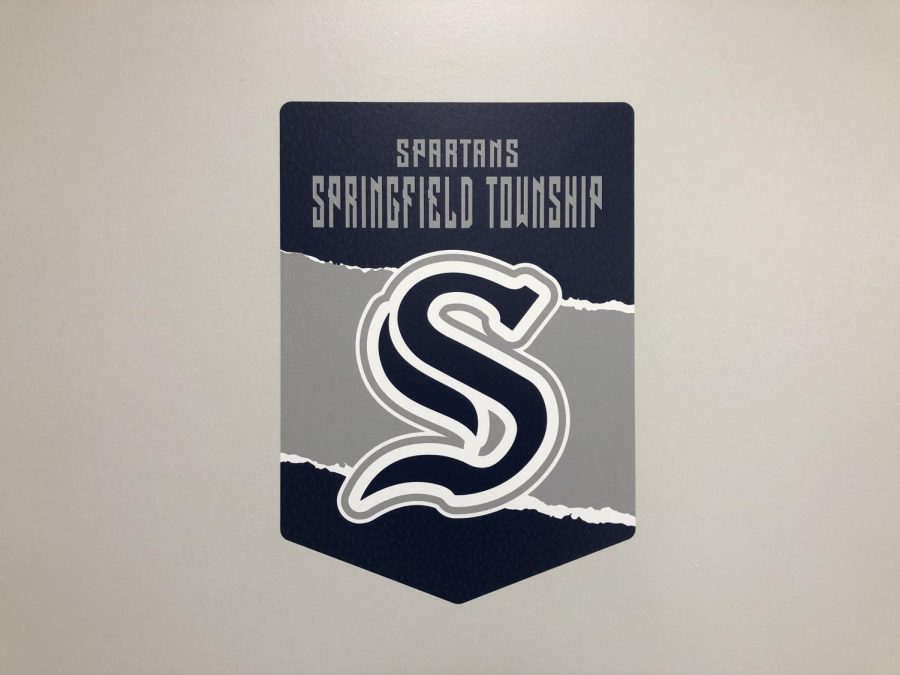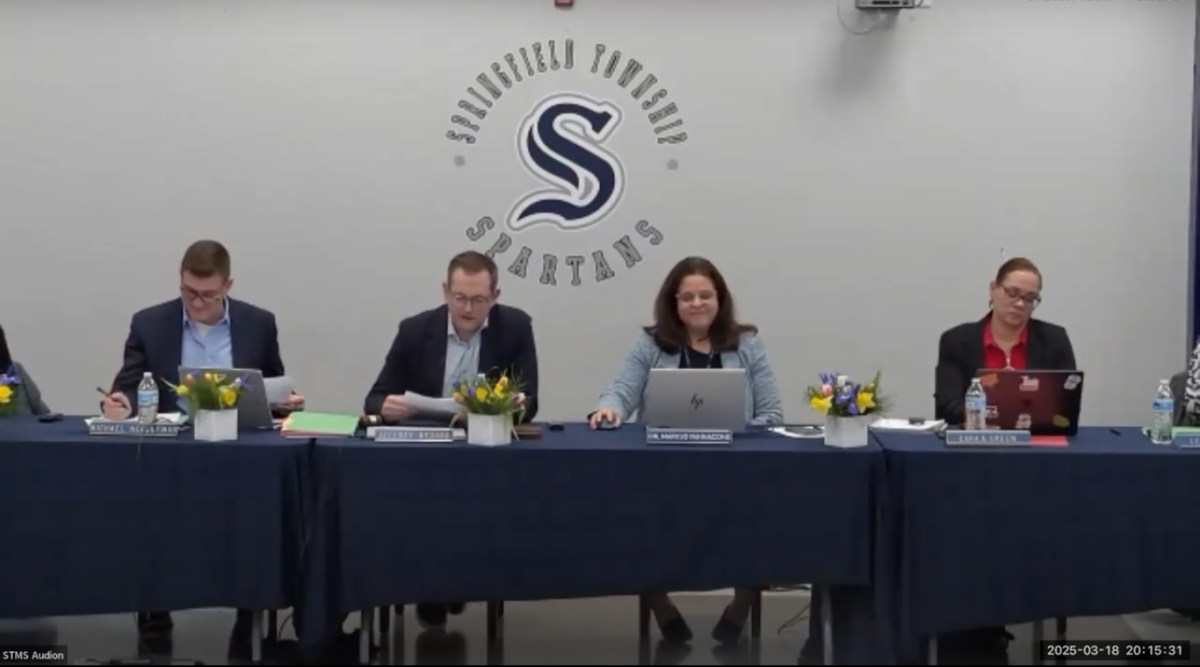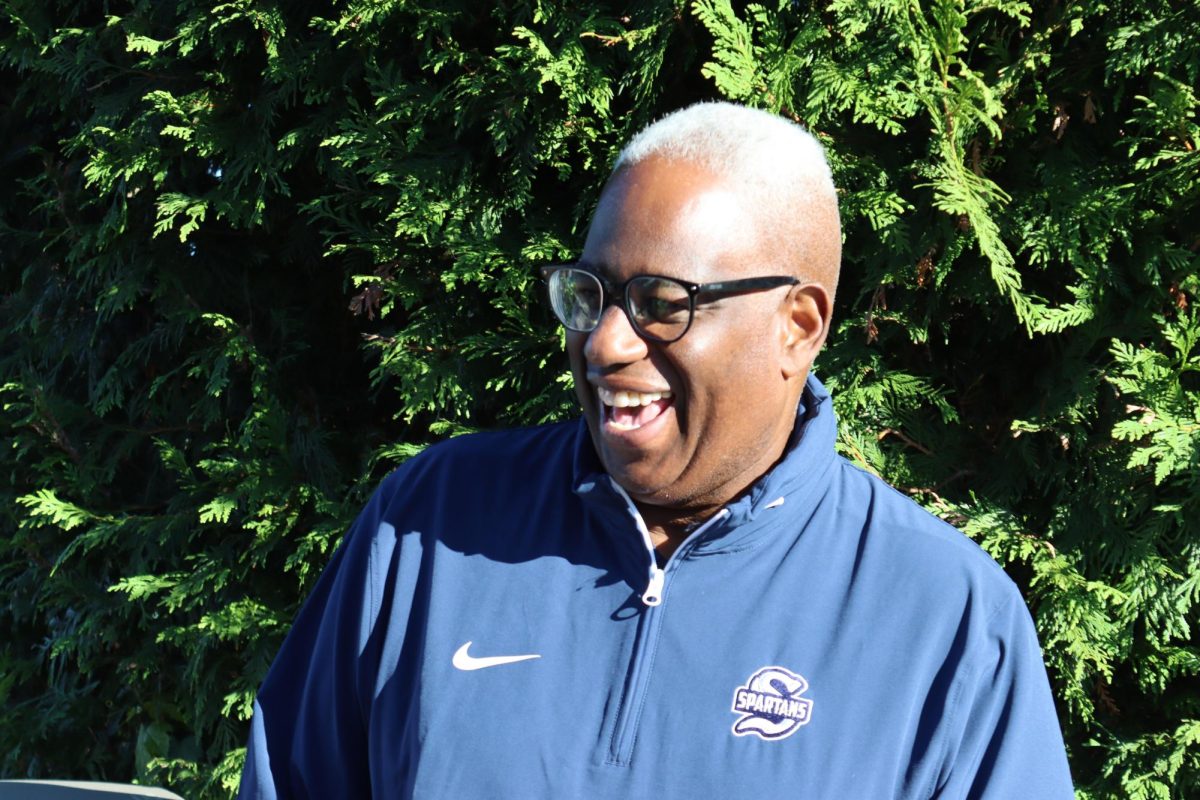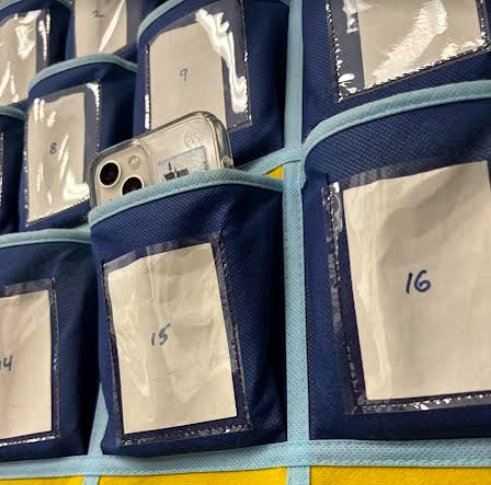Many of us are familiar with walking into class and having to put our phones into cell phone parking lots. The grudging act, aggravating most students, has met rounds of ridicule and complaint. However, why do teachers use them in the first place? Why should and should it not be a method for phone use prevention?
Why shouldn’t we use cell phone parking lots?
Phones are entertainment, communication, and sustenance. According to Education Week, 97% of students bring them to class every day. Phones are a social connector and a way to kill time after students complete work. And while many use them to pass the time, they are also used for school-related issues. Apps like Mail, Google Classroom, GroupMe, Saturn, Remind, and more are designed for students and on mobile devices. Relevant and convenient, thousands of students nationwide rely on these platforms, typically during class, as a way to facilitate their education.
Students may also commonly need their phones for urgent issues. In most circumstances, students may use their phones to arrange a way home from school or for personal or family matters. This being said, forcing students to put their phones in a parking lot or any other depository may hinder this ability. And although this may only be for an hour and a half, some matters are too important to delay.
Almost overwhelmingly, students dislike cell phone parking lots. Bryn McGhiey, one of many, says, “I don’t like when teachers take my phone… I’m usually not even on it.” She adds that she only tolerates parking lots if teachers give extra credit and that “all teachers should do that or remove cell phone parking lots completely.”
Contrastingly, others acknowledge the importance of focusing on their work. Sophomore Madeline Lodge claims, “Most teachers aren’t forcing you against your will to use [cell phone parking lots]… and I just think it’s a good way to keep me focused on work.”
Why should we use cell phone parking lots?
Often, students use their phones during class for unimportant and unrelated things. This distraction can affect their grades, GPA, and overall understanding of the course. While phone use is important, there comes a point where students must question how it affects themselves in the long run.
When we go to school, our only job is to complete work. We should then ask ourselves: are we still able to if we have our phones?
A study by Central Michigan University researchers indicates that students from grades seven to twelve who have their phones in class show patterns consistent with incapability to do work. People may have different time-managing habits, but all in all, this should be taken into consideration.
Most Springfield teachers initiate their parking lots because of these patterns. Mr. Taylor says that his parking lot–which is optional and a source of extra credit–is “to reward you for making good, positive behaviors.” He claims this helps students with “locking into the class lesson, and more philosophically being here, being present in the room with the actual humans that you are interacting with and having real conversations with them.” Generally, he claims that his classes don’t complain about the system and that it “really helps.”
What are some alternatives to cell phone parking lots?
Phones can be a nuisance to teachers, who–after spending hours on lesson plans–may constantly remind students to put away their phones. And while some teachers restrict phone use entirely with cell phone parking lots, others have come up with additional options. Most frequently, teachers collect phones but give students a short break in the middle of class that includes time to be on their phones. Other times, teachers allow students to keep their phones but under the agreement of minimal use.
All in all, cell phone parking lots can be unfollowed and unpopular among students. However, they are necessary for a successful education. Regardless, it looks like they are here to stay.














